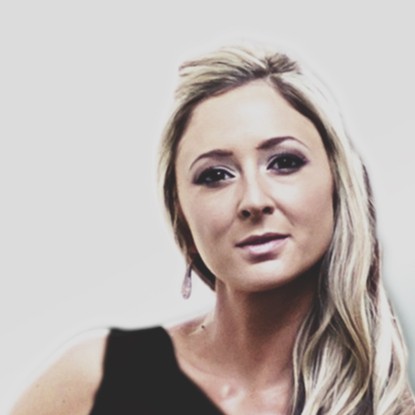Shari'ah-compliant finance is vital for devout Islamic followers seeking access to the working capital needed to grow their businesses while adhering to their beliefs. This makes Shari'ah-compliant finance organizations essential avenues for investment. Fortunately, this lending sector is becoming increasingly established in South Africa. Here’s what you need to know about Shari'ah-compliant finance.
Islamic Finance: A Snapshot
The principles of Islamic finance dateback to the origins of Islam. However, it wasn't until the 1960s that Islamic finance began to resemble its current form, with significant growth observed over the past two decades. Interestingly, Islamic finance has expanded not only in Muslim-majority countries but also in secular Western financial hubs, gaining notoriety and steadily growing by 15 to 25% each year.
What is Islamic Finance?
Islamic finance refers to managing money in accordance with Islamic law, known as "Shari'ah." It encompasses various ethical practices related to finance and funding, emphasizing rules for saving, trading, and lending based on Islamic morals and best practices.
Principles of Islamic Finance
- Charging Interest: Islamic law considers charging interest (or "riba") to be unfair as it benefits the lender over the borrower. Therefore, Shari'ah prohibits charging interest under any circumstances.
- Investing in Prohibited Activities: Islam forbids certain economic activities, such as producing or selling alcohol or pork. These activities, deemed "haram," also render any investments in companies engaged in them unacceptable.
- Extreme Risk: Shari'ah law advises against involvement in businesses that entail excessive risk or uncertainty. Excessive risk, or "gharar," is viewed as a way to seek quick profits, which is contrary to Islamic principles.
- Gambling: Gambling, known as "maisir," is highly risky and prohibited. As such, Islamic financial institutions cannot participate in contracts where ownership of goods is contingent upon uncertain outcomes.
- Revenue Sharing: Muslims believe that whe nentering an agreement, both parties should share the profits, losses, and associated risks. Only the parties involved can benefit from the deal; third-party gains are not permitted.
Islamic Banking Products
It’s essential to note that Islamic banking is not limited to specific individuals or denominations; anyone can open an investment account and access a variety of services. Similar to conventional banks, Islamic banks accept deposits for savings and transactional purposes.
Types of Contracts in Islamic Finance
- Mudarabah (Profit and Loss Sharing): In a mudarabah agreement, one party (Rabul-Mal) provides capital to another party (Mudarib) to start a business, and the two agree to share profits fairly.
- Musharakah (Joint Venture): Musharakah is a financial partnership between two or more individuals to establish a business based on capital and labor contributions. Profit and loss are shared equitably, relative to each party’s contribution.
- Wakalah: This agreement involves the principal (Muwakkil) appointing an agent (Wakil) to conduct business dealings on their behalf. The Wakil, usually a knowledgeable individual in finance, acts in the Muwakkil’s best interest, while any profits or losses belong solely to the Muwakkil. The Wakil receives a predetermined fee for their services.
Merchant Capital’s Shari’ah-Compliant Cash Advance
Since 2019, Merchant Capital has offereda Shari'ah-compliant Cash Advance solution, certified by Standard BankShari’ah. This innovative product is one of the first of its kind in South Africa and has aided many devout followers of the Islamic faith in funding their professional ambitions. It provides quick access to funding in under 48 hours, with minimal paperwork, flexible repayment terms, and adherence to Shari’ah guidelines.





